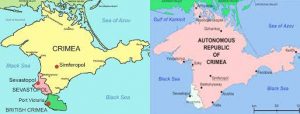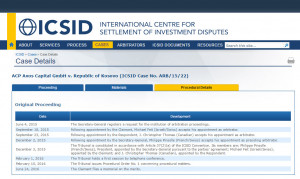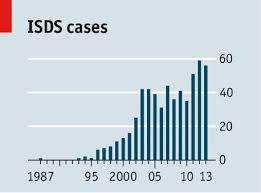The admissibility of evidence in international arbitration has long been a debated issue. A piece of evidence must be admitted in order to be considered by the arbitral tribunal, which will then evaluate its probative value in light of the facts of the dispute. Evidence is in principle admitted if it is relevant and material […]
Investment Arbitration
Supplementation of an Arbitration Award under the ICSID Convention
The supplementation of an arbitration award under Article 49(2) of the ICSID Convention is a remedy for inadvertent omissions in the award due to an oversight on the part of the tribunal which is likely to be corrected by it once this oversight is pointed out. This oversight should however concern a “question” before the […]
Indian Investment Arbitration Regime Changes
Since the beginning of 2012, India has enacted significant changes with respect to the Indian investment arbitration regime. A new model Bilateral Investment Treaty (“BIT”) was approved in 2015 and will be used to renegotiate all future BIT’s signed by India. In 2016, India also terminated its existing BIT’s with 57 countries, showing India’s intent to withdraw from the Investor-State […]
New Arbitration against Russia Arising out of the Annexation of Crimea
As we anticipated in January 2015, arbitrations have arisen against Russia due to its annexation of Crimea. After months of threats and announcements by the Ukrainian Ministry of Foreign Affairs, a new investment treaty case against Russia in relation to annexation of Crimea is about start. The first case, Ukrnafta v. Russia, PJSC Ukrnafta v. Russia […]
Aceris Law SARL’s Diverse Clients
Aceris Law LLC has a diverse set of clients thanks to its lawyers’ flexibility, their language skills, their multicultural backgrounds and Aceris’ heavy reliance on modern technology. Since we provide legal representation only for international disputes, Aceris Law LLC has been designed from the ground-up with only this in mind. While we maintain permanent access to offices in 120 […]
Kosovo Investment Treaty Arbitration Claim
The youngest European State has been slowly but gradually becoming a Member of various International Organizations, and now it is facing its first investment treaty arbitration claim.[1] Kosovo has been a member of the IMF and the International Bank for Reconstruction and Development since 2009 and became a member of the ICSID by signing the ICSID […]
International Investment Arbitration
Investment arbitration is a procedure to resolve disputes between foreign investors and host States (also called Investor-State Dispute Settlement or ISDS). The possibility for a foreign investor to sue a host State is considered as a guarantee for the foreign investor that, in the case of a dispute, it will have access to independent and qualified arbitrators who will solve the […]
Rectification of Awards under the ICSID Convention
The rectification of an award under Article 49(2) of the ICSID Convention is a remedy for inadvertent omissions and minor technical errors in an award. It enables the arbitral tribunal to correct mistakes that may have occurred in the award’s drafting in a non-bureaucratic and expeditious manner. Such corrections are provided for in Article 49(2) of the ICSID Convention: […]
Montenegro ICSID Arbitration Track Record
Since signing the ICSID Convention in 2012, Montenegro’s ICSID arbitration track record has been perfect. Montenegro has now been successful in both cases brought against it under the ICSID Convention. MNSS BV and Recupero Credito Acciaio NV v. Montenegro (ICSID Case No. ARB(AF)/12/8) First, Montenegro prevailed in a dispute with MNSS BV and Recupero Credito Acciao, Netherlands-registered investors in a […]









